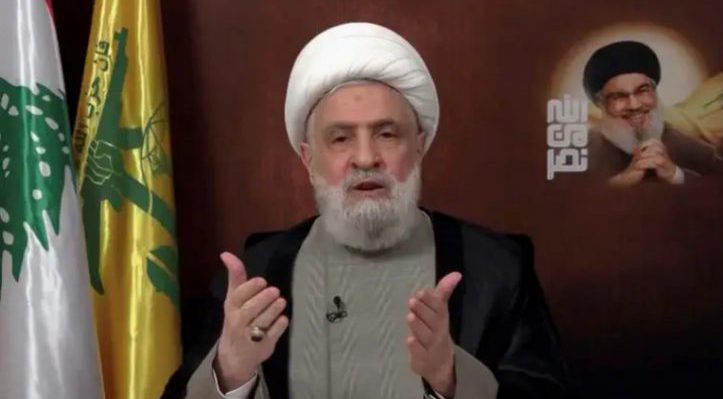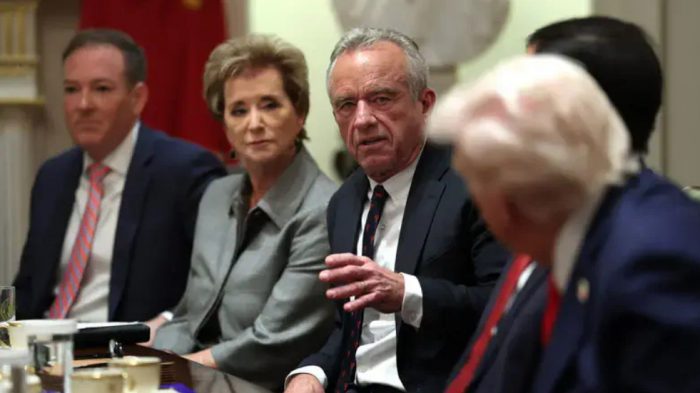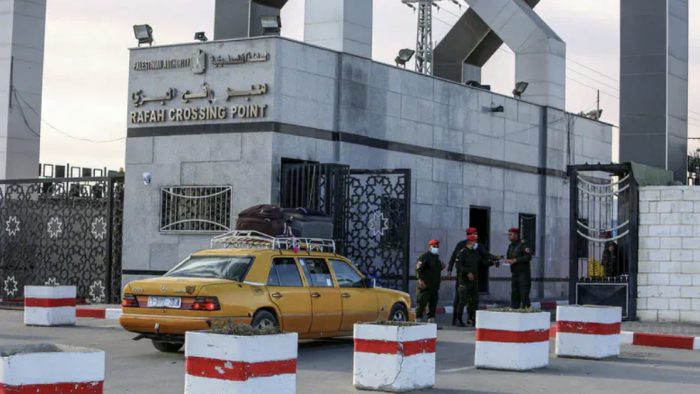Hezbollah’s deputy leader attacked Trump’s Gaza peace plan as “serving Israel,” even as Lebanon pressures the Iran-backed group to disarm.
Hezbollah’s deputy leader Naim Qassem lashed out Saturday against US President Donald Trump’s Gaza ceasefire and hostage-release proposal, denouncing it as “a plan full of dangers” and accusing Israel of trying to “win through politics what it failed to achieve by war.”
Speaking at a memorial event for two Hezbollah commanders killed in last year’s conflict with Israel, Qassem claimed the Trump plan “serves Israel’s interests” and alleged it was part of a broader Zionist agenda to impose Israeli security control over Gaza.
“This plan is Israel’s project,” Qassem declared, “which it seeks to achieve through politics after failing to achieve it through military action, aggression, genocide, and famine.”
While Hamas publicly responded positively to the Trump peace proposal on Friday, Qassem stressed that the “final decision” rests with the “Palestinian resistance factions.” He said Hezbollah would not “interfere in the details,” but warned of what he called a “Greater Israel project,” invoking an anti-Israel conspiracy theory that claims Jerusalem seeks territorial expansion into Jordan, Lebanon, and Syria.
“We must confront the Greater Israel project,” Qassem told supporters, urging “regional resistance” against the United States and Israel.
Qassem’s fiery speech comes as Hezbollah faces mounting pressure inside Lebanon to disarm. The Lebanese cabinet recently tasked the national army with drafting a plan to strip the Iran-backed militia of its weapons by the end of 2025 — a direct challenge to Hezbollah’s decades-long grip on Lebanon’s political and military systems.
Although no formal vote has yet been held, the government welcomed the army’s preliminary disarmament proposal, signaling a rare consensus across Lebanese political factions.
Qassem defiantly rejected the move, vowing Hezbollah would never surrender its arsenal or its “resistance mission.” His remarks underscore Hezbollah’s growing isolation as both regional and domestic actors move to rein in its militant power.
As Israel and the US pursue a new diplomatic framework for Gaza’s stabilization, Qassem’s response reveals the same fear that drives Hezbollah’s aggression: a peace process that sidelines Iran’s proxies and reasserts Israel’s dominance in the region.





